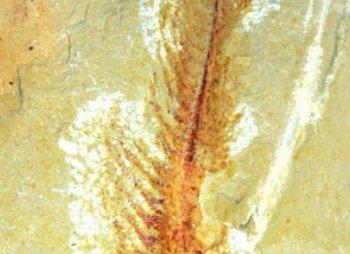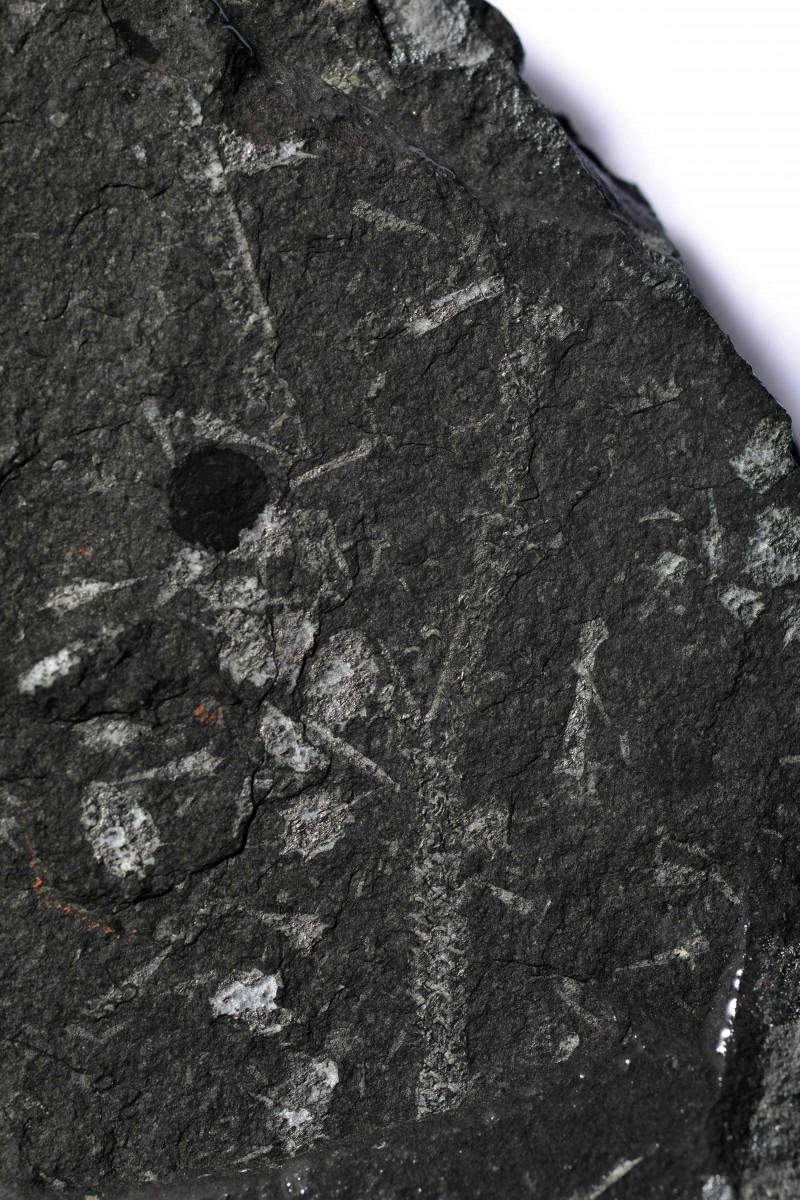A 525-million-year-old fossil hemichordate with preserved soft tissue has been discovered in Yunnan Province, China.
Scientists related the fossil to a group known as Pterobranch hemichordates. These sea creatures lived inside hard tubes made by their secretions and had tentacles used for feeding activities. These were commonly found in marine habitats around 380–490 million years ago. Currently, only 30 species of pterobranch are known to exist.
The fossil is proving to be a good specimen for studying the ancient biology of such creatures. Previously, only hard tubes of pterobranch have been seen in detail, but this fossil has its soft tissues well preserved.
“Amazingly, it has exceptionally preserved soft tissues—including arms and tentacles used for feeding—giving unrivalled insight into the ancient biology of the group,” said David Siveter, professor at the University of Leicester in the U.K., in a press release.
The fossil has been named Galeaplumosus abilu. It means “feathered helmet from beyond the clouds,” referring to the organism’s shape and the location the fossil was found. (Yunnan means “south of the clouds.”)
Scientists related the fossil to a group known as Pterobranch hemichordates. These sea creatures lived inside hard tubes made by their secretions and had tentacles used for feeding activities. These were commonly found in marine habitats around 380–490 million years ago. Currently, only 30 species of pterobranch are known to exist.
The fossil is proving to be a good specimen for studying the ancient biology of such creatures. Previously, only hard tubes of pterobranch have been seen in detail, but this fossil has its soft tissues well preserved.
“Amazingly, it has exceptionally preserved soft tissues—including arms and tentacles used for feeding—giving unrivalled insight into the ancient biology of the group,” said David Siveter, professor at the University of Leicester in the U.K., in a press release.
The fossil has been named Galeaplumosus abilu. It means “feathered helmet from beyond the clouds,” referring to the organism’s shape and the location the fossil was found. (Yunnan means “south of the clouds.”)







